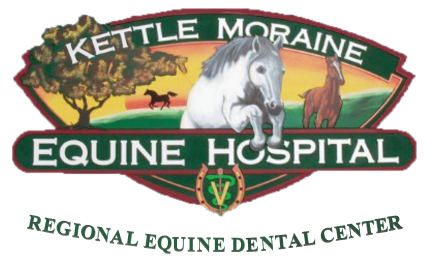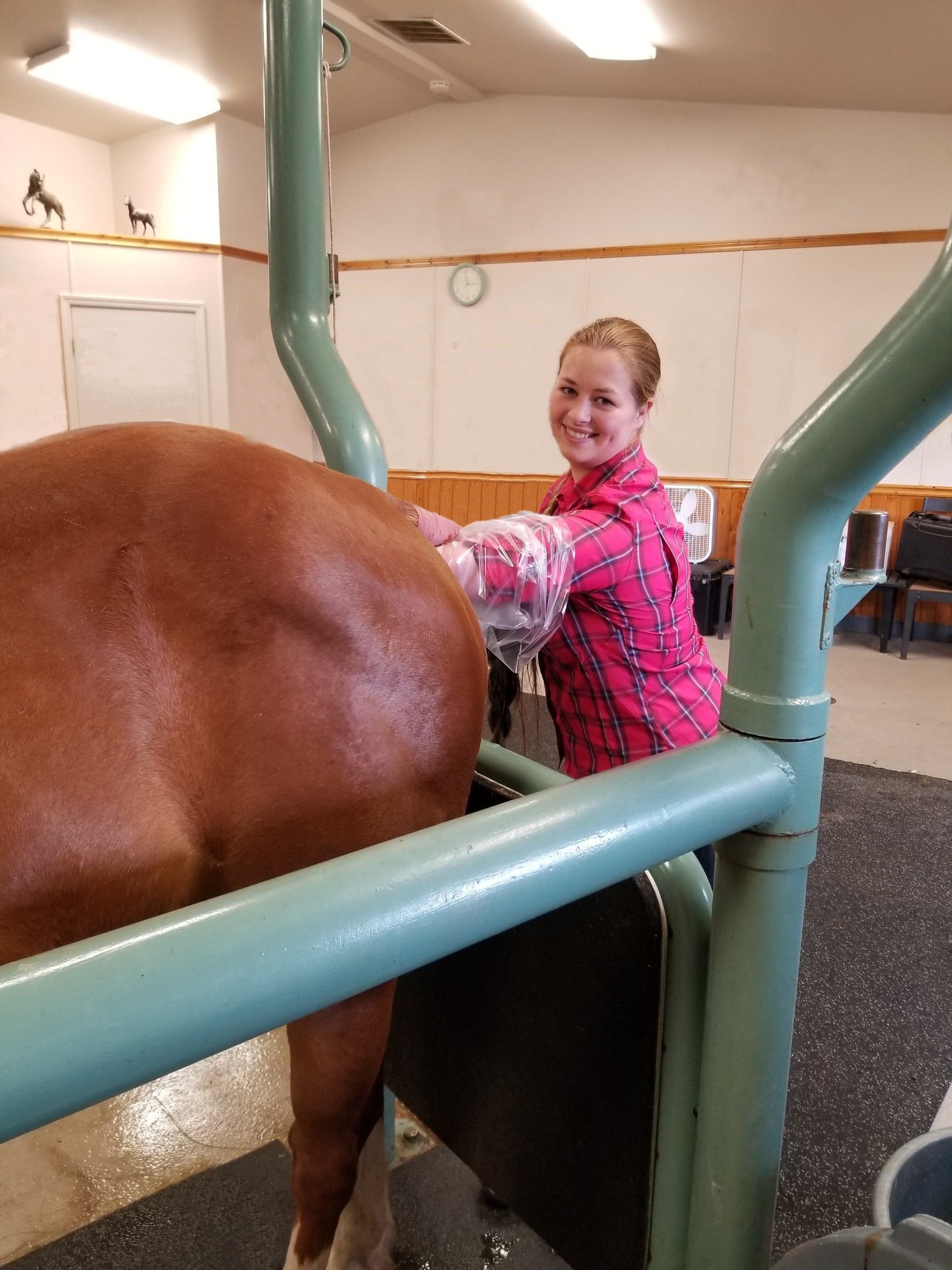Emergency Services
If your horse needs to be seen for an emergency, please call us at (262)495-2799 right away. If it is after hours, the message machine will provide you with the correct after hours emergency line to call for that day.
ALWAYS CALL REGARDING EMERGENCIES!
TEXT MESSAGES MAY NOT BE SEEN AND MAY NOT WAKE UP THE ON CALL VETERINARIAN.
Colic Care
Colic is abdominal pain and has a wide variety of causes. Common signs of equine colic are inappetence, pawing, camping out, flank watching, biting at the flank or sides, “sucking up” of the abdomen in the flank region, decreased fecal output, rolling, sweating, etc. Colic has a wide variety of causes and can be mild and self resolve, severe and require surgery, or anywhere in between. Our veterinarians can provide ambulatory colic care in the field and medical colic care with fluid therapy in the hospital. If you observe your horse displaying signs of colic, call us right away.
Lacerations
Lacerations are a common injury in the equine world. It is important to remember that a small laceration can still be an emergency depending on their location and what the injury occurred on. Lacerations around joints should be evaluated for joint involvement so that necessary treatment to prevent or treat joint infections can be initiated as soon as possible. The sooner a laceration can be repaired, the better its rate of healing and the less it will scar. Not all lacerations can be sutured closed and other methods of repair, such as bandaging, will be evaluated on an individual basis. Tetanus Toxoid vaccine boosters are often necessary in laceration cases. Knowing your horse’s vaccination history and when it last received a tetanus toxoid vaccine is useful information.
Eye Emergencies
Any injury to the eye or eyelids is an emergency due to the risk of loss of vision. Injuries to the eye itself that are left untreated can develop into infections of the eye that are difficult and intensive to treat. Whether your horse's eye is squinting, tearing, swollen, has something weird floating in it, or is abnormally red around the eye or the tissue that surrounds it, it should be seen by a veterinarian. Eyelid lacerations should also be seen on an emergency basis to try to save the protection it provides to the eye. Eyelid lacerations that are left untreated or receive delayed treatment often experience dieback or loss of some or all of the affected eyelid tissue.
Esophageal Obstruction Relief
Esophageal obstruction, commonly referred to as “choke”, is when a food bolus gets stuck in a horse's esophagus. While this does not actually prevent a horse from breathing, it can be very painful and can risk permanent damage to the esophagus and aspiration pneumonia if left untreated. Horses that are going to self-resolve a choke usually do so within the first 30 minutes of experiencing the esophageal obstruction. If they have not resolved the “choke” by then, they are unlikely to and need emergency medical attention. Common signs of esophageal obstruction are food material coming out the nostrils, inability to swallow, extended neck, tearing, coughing, distressed behavior. If you observe any of these signs in your horse, please call us right away.
Emergency Care in General
The list of possible equine emergencies is endless and we see it all. Just give us a call at (262) 495-2799. If we can not answer, the message will direct you to the correct emergency number to call for the on call clinician.
We provide emergency services 24/7 365 days a year.





